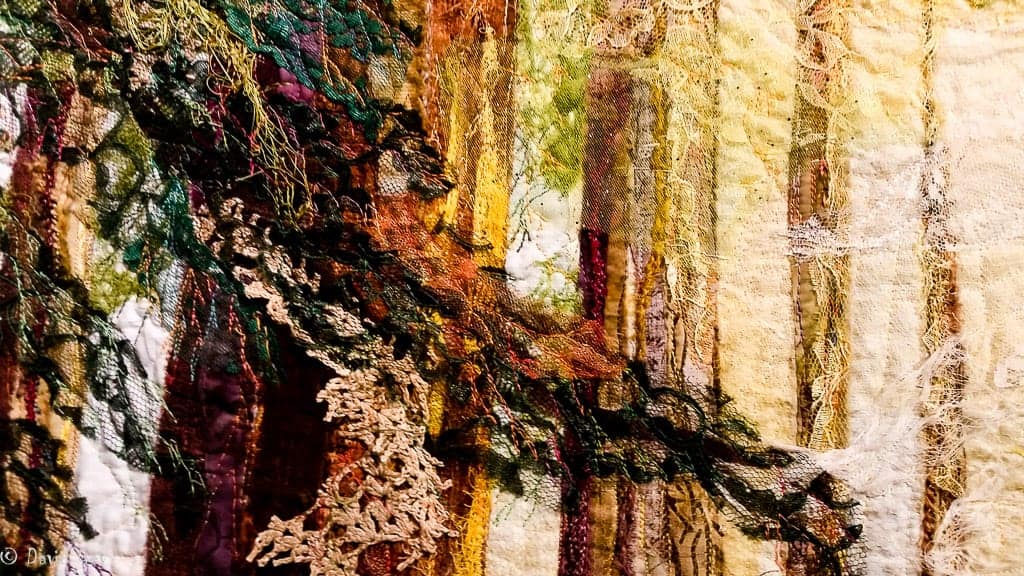 Core Web Vitals Boost – Speed Up Your Site & Your SEO!
Core Web Vitals Boost – Speed Up Your Site & Your SEO!
Exploring Mongolia: Where the Sky is a Deity
Written by John Snow » Updated on: June 17th, 2025

Their ancestors lived in the same way for a thousand years, feeling the change of the seasons like moods and moving with them. Their knowledge of this land is ancient, the wind is their breath, the earth is their bed, and the dust of the steppe runs in their blood. – Ian. D. Robinson
In the book “Wind-Up Bird” by Haruki Murakami, an old soldier, Lieutenant Mamiya, tells a story about his activities in Mongolia during the 1930s wartime. While on a spy mission in enemy territory, his outfit is captured by Mongolian and Russian soldiers. After being forced to watch one of his comrades skinned alive, Mamiya is left to die at the bottom of a well.
Undoubtedly, it is the ultimate ‘Road Trip’ in every sense of the term. Some days, we drive for up to 10 hours, while other days, we park at one site to rest. Although spending long hours on unpaved roads can be challenging, it provides a unique opportunity to immerse myself in the country’s culture and people. Exploring Mongolia’s vast landscapes is all about experiencing the power and beauty of nature. By traveling through these landscapes, I can witness the local way of life without being intrusive.
Exploring Mongolia: Where the Sky is a Deity
Their ancestors lived in the same way for a thousand years, feeling the change of the seasons like moods and moving with them. Their knowledge of this land is ancient, the wind is their breath, the earth is their bed, and the dust of the steppe runs in their blood. – Ian. D. Robinson
In the book “Wind-Up Bird” by Haruki Murakami, an old soldier, Lieutenant Mamiya, tells a story about his activities in Mongolia during the 1930s wartime. While on a spy mission in enemy territory, his outfit is captured by Mongolian and Russian soldiers. After being forced to watch one of his comrades skinned alive, Mamiya is left to die at the bottom of a well.
Undoubtedly, it is the ultimate ‘Road Trip’ in every sense of the term. Some days, we drive for up to 10 hours, while other days, we park at one site to rest. Although spending long hours on unpaved roads can be challenging, it provides a unique opportunity to immerse myself in the country’s culture and people. Exploring Mongolia’s vast landscapes is all about experiencing the power and beauty of nature. By traveling through these landscapes, I can witness the local way of life without being intrusive.
Exploring Mongolia: Where the Sky is a Deity
Their ancestors lived in the same way for a thousand years, feeling the change of the seasons like moods and moving with them. Their knowledge of this land is ancient, the wind is their breath, the earth is their bed, and the dust of the steppe runs in their blood. – Ian. D. Robinson
In the book “Wind-Up Bird” by Haruki Murakami, an old soldier, Lieutenant Mamiya, tells a story about his activities in Mongolia during the 1930s wartime. While on a spy mission in enemy territory, his outfit is captured by Mongolian and Russian soldiers. After being forced to watch one of his comrades skinned alive, Mamiya is left to die at the bottom of a well.
Undoubtedly, it is the ultimate ‘Road Trip’ in every sense of the term. Some days, we drive for up to 10 hours, while other days, we park at one site to rest. Although spending long hours on unpaved roads can be challenging, it provides a unique opportunity to immerse myself in the country’s culture and people. Exploring Mongolia’s vast landscapes is all about experiencing the power and beauty of nature. By traveling through these landscapes, I can witness the local way of life without being intrusive.
Their ancestors lived in the same way for a thousand years, feeling the change of the seasons like moods and moving with them. Their knowledge of this land is ancient, the wind is their breath, the earth is their bed, and the dust of the steppe runs in their blood. – Ian. D. Robinson
In the book “Wind-Up Bird” by Haruki Murakami, an old soldier, Lieutenant Mamiya, tells a story about his activities in Mongolia during the 1930s wartime. While on a spy mission in enemy territory, his outfit is captured by Mongolian and Russian soldiers. After being forced to watch one of his comrades skinned alive, Mamiya is left to die at the bottom of a well.
Undoubtedly, it is the ultimate ‘Road Trip’ in every sense of the term. Some days, we drive for up to 10 hours, while other days, we park at one site to rest. Although spending long hours on unpaved roads can be challenging, it provides a unique opportunity to immerse myself in the country’s culture and people. Exploring Mongolia’s vast landscapes is all about experiencing the power and beauty of nature. By traveling through these landscapes, I can witness the local way of life without being intrusive.
Exploring Mongolia: Where the Sky is a Deity
Their ancestors lived in the same way for a thousand years, feeling the change of the seasons like moods and moving with them. Their knowledge of this land is ancient, the wind is their breath, the earth is their bed, and the dust of the steppe runs in their blood. – Ian. D. Robinson
In the book “Wind-Up Bird” by Haruki Murakami, an old soldier, Lieutenant Mamiya, tells a story about his activities in Mongolia during the 1930s wartime. While on a spy mission in enemy territory, his outfit is captured by Mongolian and Russian soldiers. After being forced to watch one of his comrades skinned alive, Mamiya is left to die at the bottom of a well.
Undoubtedly, it is the ultimate ‘Road Trip’ in every sense of the term. Some days, we drive for up to 10 hours, while other days, we park at one site to rest. Although spending long hours on unpaved roads can be challenging, it provides a unique opportunity to immerse myself in the country’s culture and people. Exploring Mongolia’s vast landscapes is all about experiencing the power and beauty of nature. By traveling through these landscapes, I can witness the local way of life without being intrusive.
Exploring Mongolia: Where the Sky is a Deity
Their ancestors lived in the same way for a thousand years, feeling the change of the seasons like moods and moving with them. Their knowledge of this land is ancient, the wind is their breath, the earth is their bed, and the dust of the steppe runs in their blood. – Ian. D. Robinson
In the book “Wind-Up Bird” by Haruki Murakami, an old soldier, Lieutenant Mamiya, tells a story about his activities in Mongolia during the 1930s wartime. While on a spy mission in enemy territory, his outfit is captured by Mongolian and Russian soldiers. After being forced to watch one of his comrades skinned alive, Mamiya is left to die at the bottom of a well.
Undoubtedly, it is the ultimate ‘Road Trip’ in every sense of the term. Some days, we drive for up to 10 hours, while other days, we park at one site to rest. Although spending long hours on unpaved roads can be challenging, it provides a unique opportunity to immerse myself in the country’s culture and people. Exploring Mongolia’s vast landscapes is all about experiencing the power and beauty of nature. By traveling through these landscapes, I can witness the local way of life without being intrusive.
Note: IndiBlogHub features both user-submitted and editorial content. We do not verify third-party contributions. Read our Disclaimer and Privacy Policyfor details.
Copyright © 2019-2025 IndiBlogHub.com. All rights reserved. Hosted on DigitalOcean for fast, reliable performance.














